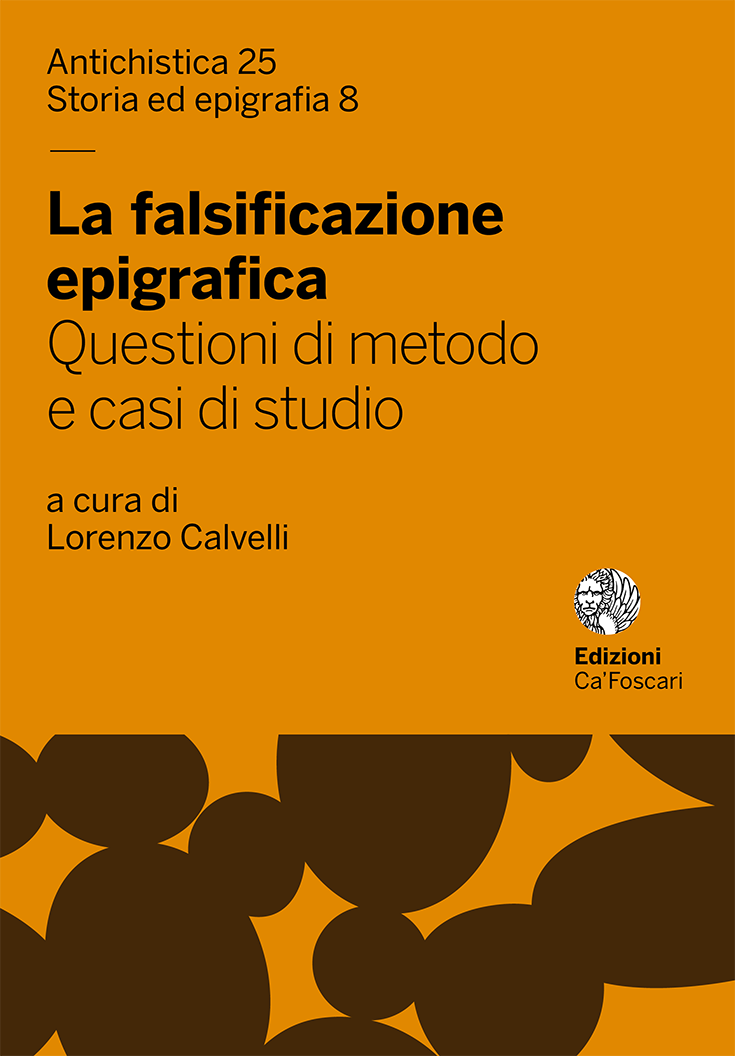Series | Antiquity Studies
Edited book | Epigraphic Falsification
Chapter | La (cattiva) coscienza del falsario
La (cattiva) coscienza del falsario
Ricerca e produzione di iscrizioni latine in Sardegna fra XVI e XIX secolo
Abstract
The search for inscriptions in Sardinia in the modern period stems from the desire of Sardinian antiquarians to reconstruct local history through the help of epigraphic documentation. In the 17th century, the purposes of counterfeiters were primarily to boost the cultural and political primacy of both Cagliari and Sassari, to extol the close relationship between Sardinia and Spain, and to assert the Christian roots of Sardinian culture. In the 19th century , the main objectives were firstly to reinstate the island’s prestige and, secondly, to reinforce its role in the cultural landscape of the Kingdom of Sardinia.
Submitted: July 3, 2019 | Accepted: Sept. 10, 2019 | Published Dec. 16, 2019 | Language: it
Keywords Council of Trent • Primacy of Sardinia • Epigraphic research • House of Savoy • Intellectual history • Spain
Copyright © 2019 Antonio Maria Corda, Antonio Ibba. This is an open-access work distributed under the terms of the Creative Commons Attribution License (CC BY). The use, distribution or reproduction is permitted, provided that the original author(s) and the copyright owner(s) are credited and that the original publication is cited, in accordance with accepted academic practice. The license allows for commercial use. No use, distribution or reproduction is permitted which does not comply with these terms.
Permalink http://doi.org/10.30687/978-88-6969-386-1/006




